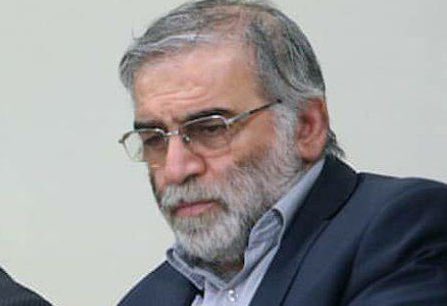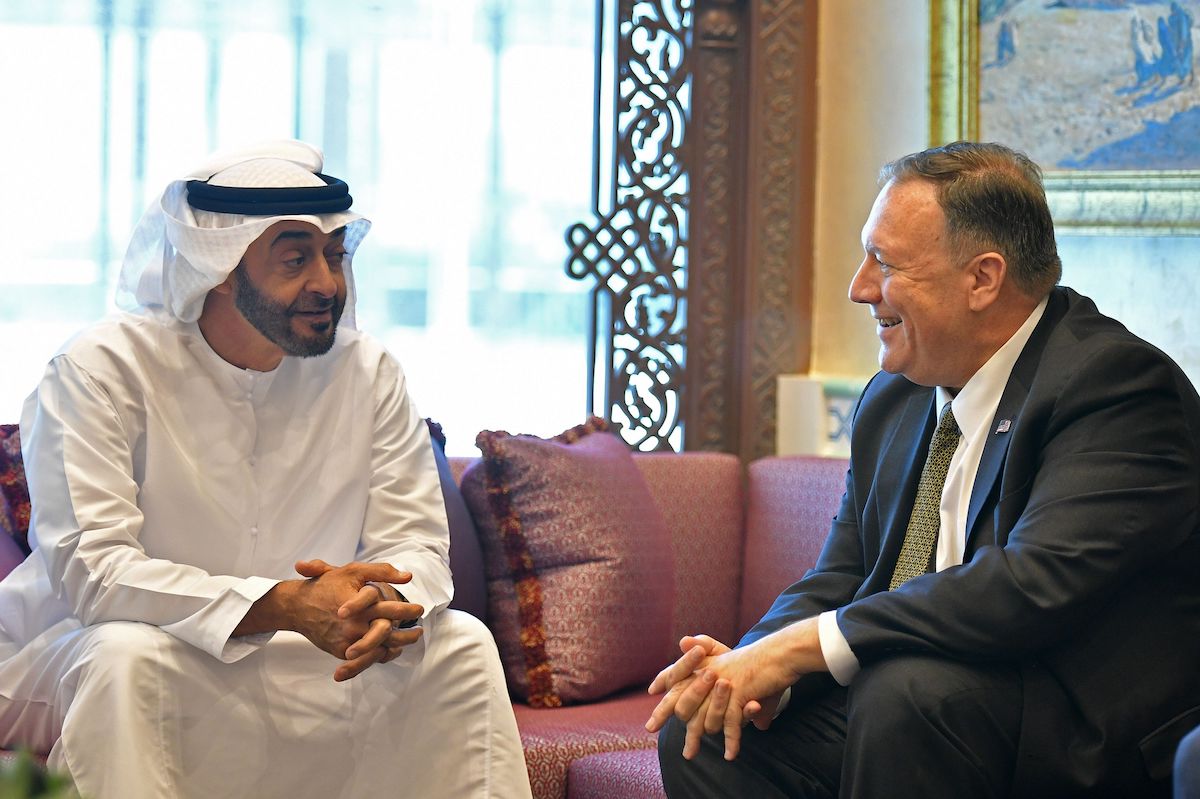
1. A crucial piece by @JessLee_DC on how anti-China rhetoric fuels violence against Asian-Americans.
In this thread, I add some of my own thoughts based on the Iranian-American experience.
responsiblestatecraft.org/2021/03/21/our…
In this thread, I add some of my own thoughts based on the Iranian-American experience.
responsiblestatecraft.org/2021/03/21/our…
2. First of all, Jess is right in the sense that the heated anti-China not only doesn't advance US interest, it also pits Americans against each other here at home. It's a lose-lose.
3. Jess rightly argues that Biden’s condemnation of the murders in GA misses the mark because it fails to acknowledge that Washington’s over-the-top rhetoric on China fuels an atmosphere of fear and anxiety, which boomerangs in the form of violence against Asian Americans.
4. The reaction of many Asian American organizations will be to double-down on messaging how patriotic they are, the massive contributions they have made to America, and showcase their Asian American Hollywood stars to gain sympathy.
5. It's all very well-intended, but its impact will be marginal at best. The inescapable reality is that the well-being of most minorities in the US is directly related to the relations their ancestral countries have with America.
6. Once the relationship with Country Y deteriorates towards conflict, the minority in the US that descent from Y - and others that "look" like them - will face hard times. Discrimination will increase. As will violence.
7. No amount of "contributions to America" can reverse that because an atmosphere of fear against Y (and people from Y) will be created that, combined with over-heated anti-Y rhetoric from Washington, quickly will trump the contributions this minority has made to America.
8. In the atmosphere of fear, and later hatred, that will be created, logic has little relevance. Fighting that fear with logic will only get you so far.
9. This became very clear to us in the Iranian American community. Discrimination against Iranian-Americans closely tracked tensions in US-Iran relations, because the worse the tensions became, the worse the rhetoric got, and the worse the fearful and hateful atmosphere became.
10. Trump's #MuslimBan is a prime example. Trump truly wanted to ban ALL Muslims. But because of the US's relations w/ several Muslim states, including them would have caused a crisis. Trump certainly did not want to upset Saudi, though it produced 15 of the 19 9/11 terrorists.
11. So he ended up with the ban geopolitics would ALLOW - meaning, it only included countries the US ALREADY had bad relations with. Had US-Iran relations been better, Iran would likely have been excluded. The contributions of Iranian-Americans to the US were of NO relevance...
12. @ellendwu's book The Color of Success provides further evidence of this, tracing the history of anti-Asian discrimination and its foreign policy roots.
amazon.com/Color-Success-…
amazon.com/Color-Success-…
13. The conclusion for Asian-American organizations today should be clear:
The best way to fight anti-Asian discrimination is to promote RESPONSIBLE management of ties with Asian powers.
Tensions are at times inevitable. How we manage tensions, however, makes a big difference./
The best way to fight anti-Asian discrimination is to promote RESPONSIBLE management of ties with Asian powers.
Tensions are at times inevitable. How we manage tensions, however, makes a big difference./
• • •
Missing some Tweet in this thread? You can try to
force a refresh




